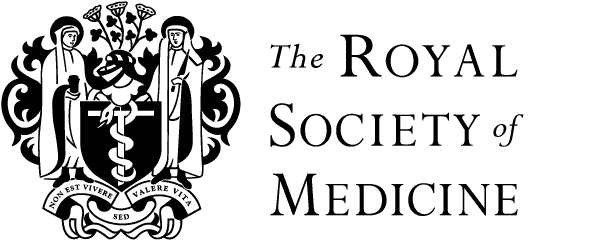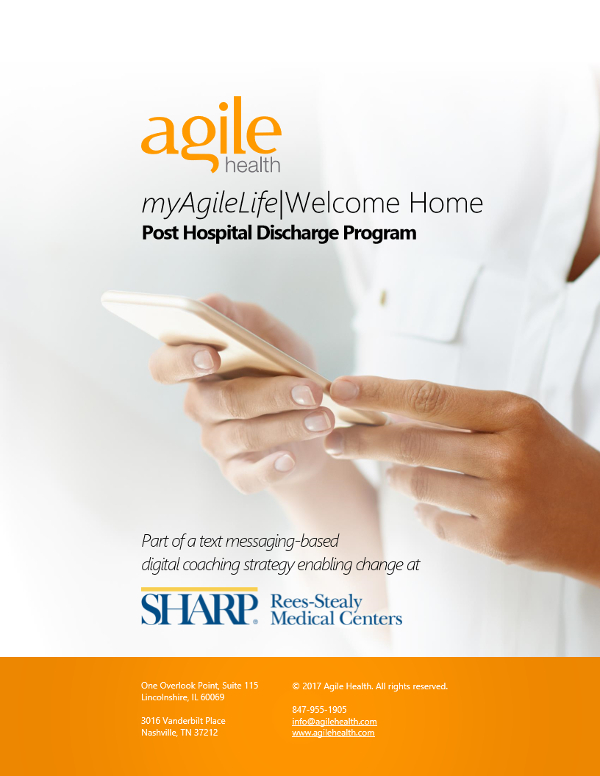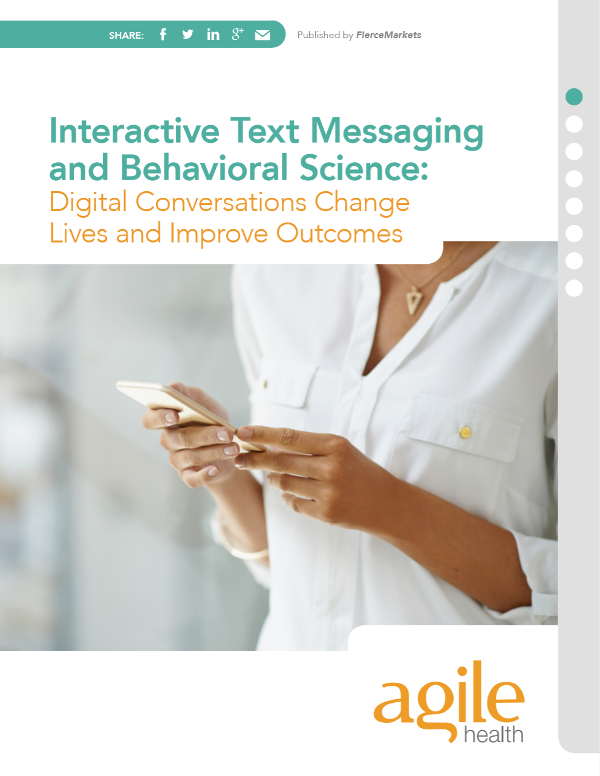Producing meaningful outcomes across healthcare, one text at a time
Agile Health has a long record of delivering clinically validated, evidence-based solutions with significant results. Numerous clinical trials and research studies have been published, demonstrating the proven, powerful impact of the Agile solutions.
Results
Research
Resources
Up to
45% Opt-In
& receive automated curriculum
85%
of enrollees proactively engage & interact
Average 17
interactions per participant
or once per week
or once per week
70%
participate in
program quizzes
program quizzes
82%
correct
responses
responses
Satisfaction
4.75
out of 5
Program impact
4.1
out of 5
2.2x
increase in tobacco
cessation rate
cessation rate
Average 1.05
reduction in A1C
after 6 months
after 6 months
73%
of participants
decrease A1C
decrease A1C
44%
increase in caseload
83%
savings in cost
of service
of service
Up to
66%
reduction in hospital admissions
20%
reduction in emergency
department visits
department visits
9%
readmission rate at
30 days, a 22% improvement
30 days, a 22% improvement
14%
readmission rate at
90 days, a 46% improvement
90 days, a 46% improvement

Agile Health’s Kick Buts Program significantly improves cessation rates
Biomedical verified results at 4 weeks and 6 months prove program should be considered as an addition to existing smoking cessation services.
The Lancet, Vol 378, July 2011
View the Study

Text is best choice to improve adherence for managing chronic conditions
107 separate studies show SMS/text is the mobile health tool most widely, frequently, and successfully used to facilitate adherence to chronic disease management.
Journal of Medical Internet Research, Vol 17, Issue 2, 2015
View the Study

Text Intervention improves medical adherence for Diabetes
Trial shows increased medication adherence and decreased ED utilization with magnified results in Spanish-speaking study population.
Annals of Emergency Medicine, 2013
View the Study

Personalized Mobile Health Content Impacts Efficacy of Diabetes Management
Latino men and women differ in their dietary self-efficacy, information sources, and desired topics with mobile health interventions.
Journal of Diabetes Science and Technology, Vol 7, Jan 2013
View the Study

The Effectiveness of Mobile-Health Technology-Based Health Behaviour Change or Disease Management Interventions for Health Care Consumers: A Systematic Review
Text messaging interventions increased adherence to ART and smoking cessation and should be considered for inclusion in services. Although there is suggestive evidence of benefit in some other areas, high quality adequately powered trials of optimised interventions are required to evaluate effects on objective outcomes.
PLOS Medicine, January 2013 | Volume 10 | Issue 1 | e1001362
View the Study

Mobile health use in low- and high-income countries: an overview of the peer-reviewed literature
The evolution of mobile phone technology has introduced new possibilities to the field of medicine. Combining technological advances with medical expertise has led to the use of mobile phones in all healthcare areas including diagnostics, telemedicine, research, reference libraries and interventions.
J R Soc Med 2013: 106: 130–142. DOI 10.1177/0141076812472620
View the Study

Gender Differences in Diabetes Self-Management: A Mixed-Methods Analysis of a Mobile Health Intervention for Inner-City Latino Patients
The efficacy of mHealth on diabetes management was affected by gender. Specifically, men and women differ in their dietary self-efficacy, information sources, and desired topics in future mHealth interventions. To achieve maximal impact, future mHealth interventions should be mindful of this gender difference.
J Diabetes Sci Technol 2013;7(1):111–118
View the Study

Perceptions of Successful Cues to Action and Opportunities to Augment Behavioral Triggers in Diabetes Self-Management
This in-depth qualitative analysis of TExT-MED shows that low-income Latino patients will accept text messages as a behavioral intervention. This mHealth intervention acts as a behavioral trigger rather than an education platform. Personalization is an opportunity to enhance these cues to action and further research should be conducted on the ideal forms of personalization.
J Med Internet Res 2014 | vol. 16 | iss. 1 | e25 | p.1
View the Study

Describing the evolution of mobile technology usage for Latino patients and comparing findings to national mHealth estimates
Published national estimates do not accurately reflect the mobile technology use of Latino patients served by our public safety-net facility. The difference is greater for older, less educated patients with chronic disease.
Arora S, et al. J Am Med Inform Assoc 2016;23:979–983. doi:10.1093/jamia/ocv203, Brief Communication
View the Study

Mapping mHealth Research:A Decade of Evolution
Research interest in mHealth is growing, together with an increasing complexity in research designs and aim specifications, as well as a diversification of the impact areas. However, new opportunities offered by new mobile technologies do not seem to have been explored thus far. Mapping the evolution of the field allows a better understanding of its strengths and weaknesses and can inform future developments.
J Med Internet Res 2013 | vol. 15 | iss. 5 | e95 | p.1
View the Study

Interventions to increase smoking cessation at the population level: how much progress has been made in the last two decades?
This paper reviews the literature on smoking cessation interventions, with a focus on the last 20 years (1991 to 2010). These two decades witnessed major development in a wide range of cessation interventions, from pharmacotherapy to tobacco price increases. Surveys.
Tobacco Control 2012;21:110e118. doi:10.1136/tobaccocontrol-2011-050371
View the Study

Sharp Rees-Stealy Reduces Readmissions – One Text at a Time
Sharp Rees-Stealy deployed the myAgileLife|Welcome Home program to leverage text messaging to engage, support and enhance the experience of the hundreds of patients discharged per day within the SRS population. The case study demonstrates the continued significant impact our interactive text-messaging program, Welcome Home has on engagement, care cost, operational efficiencies and patient satisfaction.
Download The Case Study

Interactive Text Messaging and Behavioral Science: Digital Conversations Change Lives and Improve Outcomes
Turning engagement into sustained behavior change and meaningful outcomes requires health improvement solutions to go beyond simply providing text messaging as a communication modality. Success comes from leveraging the ubiquitous nature of text while staying true to the proven science of behavior change, creating relevant engaging digital coaching dialogues, and keeping people connected with their care team in the spaces in between care settings.
Download The White Paper




